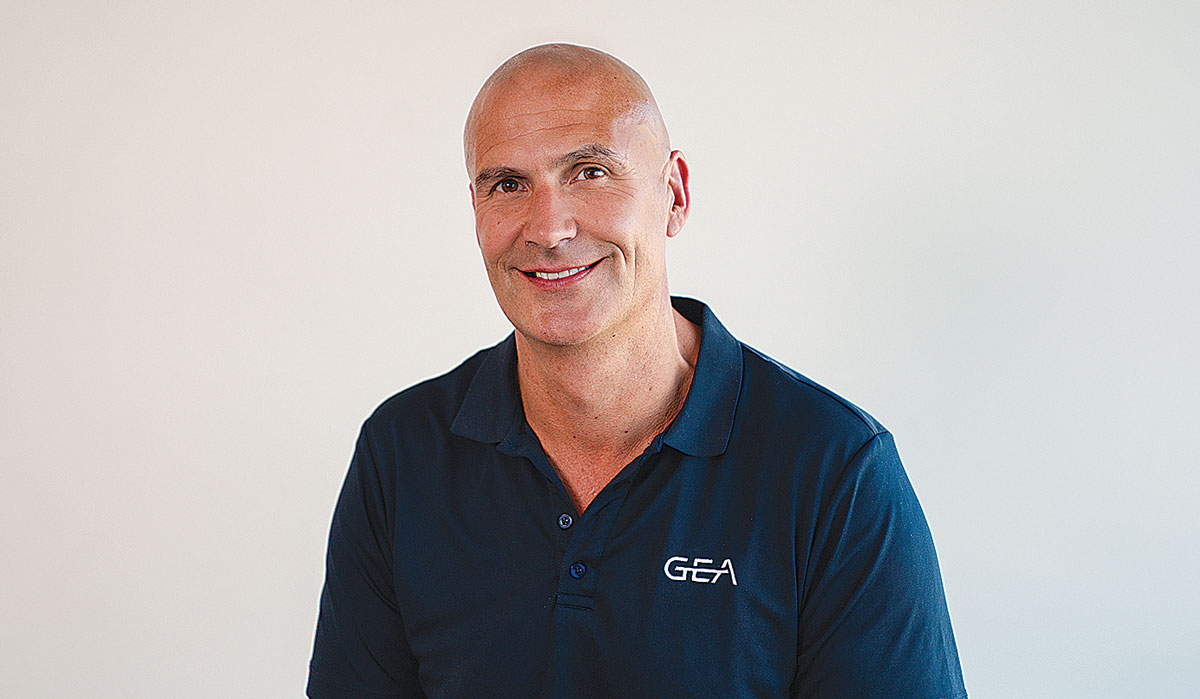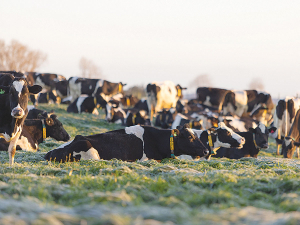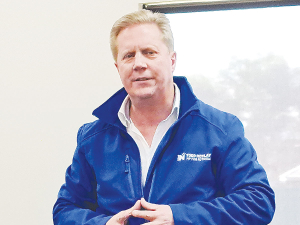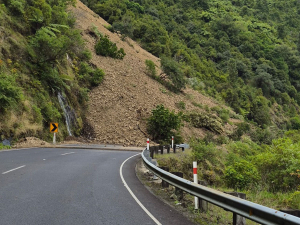In my role as the head of sales & service at GEA Farm Technologies New Zealand, I genuinely believe that the future of dairy farming is happening right now in our backyard.
New Zealand is leading the world by shaping the future of our industry through innovation in the prevention of mastitis.
The GEA Farm Technologies Division in New Zealand encompasses our Dairy Equipment business (Milfos and Westfalia brands) and our Animal Health and Dairy Hygiene business (FIL brand).
The solutions we’re bringing to the table are top-of-the-line. Automatic teat spray technology, udder health products – these aren’t just tools; they’re weapons in the fight for healthier cows, better milk, and increased profits.
We’ve recognised that there is need to change the way we approach treating mastitis by looking at solutions that focus on maintaining herd health. There’ll still be times we need treatment, but being proactive with prevention can really cut down on those cases happening in the first place.
Teaming up with Farm Medix, FIL is tackling the challenges in our dairy industry.
Natasha Maguire, chief scientific officer at Farm Medix, sums it up best: “We’re giving Kiwi farmers the tools they need to tackle mastitis headon. From bulk milk to individual cow mastitis tests, we’re arming farmers with evidencebacked solutions to lower somatic cell count (SCC) and reduce clinical mastitis.”
 |
|---|
|
Craig Lowry
|
The collaboration between FIL and Farm Medix has pushed their mastitis prevention efforts to new levels. We’re helping dairy farmers; we’re giving them the equipment and knowledge they need to stop mastitis before it effects a herd and at the same time champion sustainable farming.
The results speak for themselves. Farmers up and down the country are seeing improvements; they’re seeing a transformation in mastitis management and farm profits, here are some examples:
- Tim Rivers, a farmer from Central Otago, witnessed a significant reduction in mastitis cases after working with FIL on mastitis prevention after calving, resulting in savings of around $49,000.
- Sarah Smart from North Otago achieved her farm’s lowest ever somatic cell count averaging 100,000 SCC and resolved a seven-year mastitis problem with forensic mastitis testing.
- Andrew Pritchard, a farmer from Taranaki, reduced his farm’s SCC from 150,000 to 90,000, and enhanced milking efficiency with GEA’s automated mixing and in-bail teat spraying.
- Bryan Holmes from Matamata lowered his farm’s SCC from 250,000 to 150,000 with forensic mastitis testing and improved teat spray protocols.
- Dean Malcolm, a contract milker from Canterbury, saved approximately $10,000 in six months by implementing GEA’s in-bail teat spraying, resulting in lower somatic cell counts and fewer clinical mastitis cases.
By focusing on animal health, keeping our cows’ teats tip-top, and simplifying the milking routine for the best outcome, lifting milk quality and herd productivity.
When it comes to sustainable dairy farming, GEA is leading the charge, not just in New Zealand, but worldwide. This is the next generation of dairy farming – improved profitability, greater flexibility, and healthier cows.
Craig Lowry is head of sales & service from GEA Farm Technologies New Zealand.












